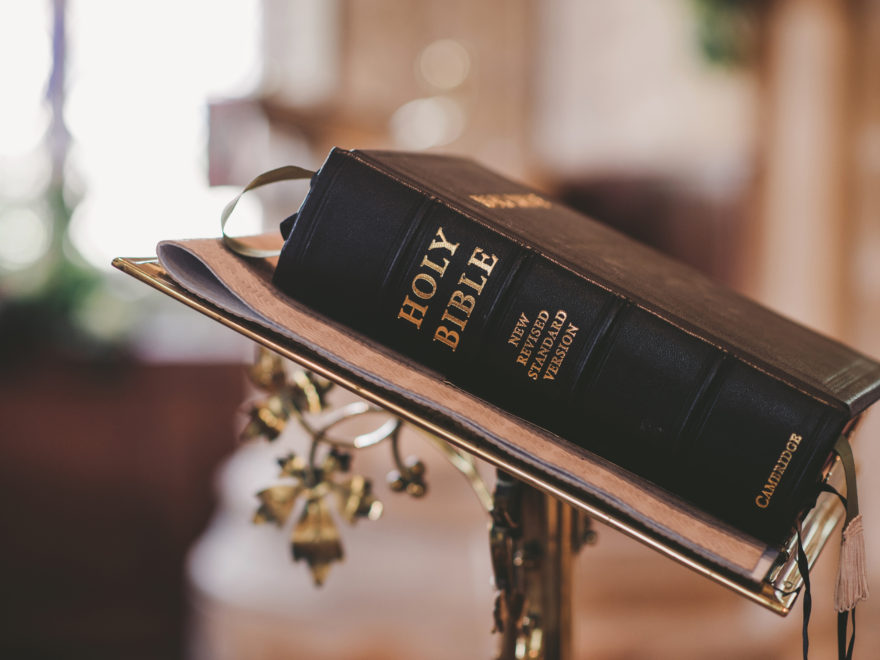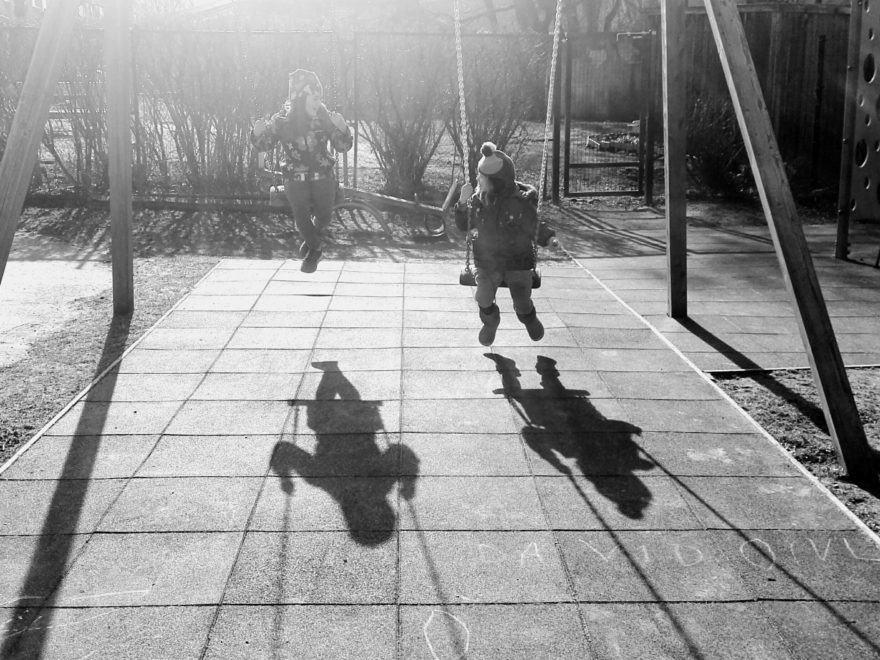Tag: Charlotte Mason
-

Attention, Then and Now: The Science of Focus Before and After Charlotte Mason’s Time
The importance of attention for education is almost proverbial. Who has not seen the stereotype of a student staring out the window, while the teacher drones on? Movies and TV shows are filled with it. Everybody knows that a wandering attention and a lack of interest hamper a student’s learning. But we haven’t always paid…
-

Educating Future Culture Makers
An experienced educator once taught me that every pedagogy, or method of teaching, assumes a particular view of students. Each view, in turn, is founded on premises about the nature of these students, their capabilities, and, perhaps most broadly, their purpose for existence. It is these driving premises that subconsciously guide the hand of the…
-

Back to School and Back to Educational Renaissance
Welcome back to a new school year and to a new year of Educational Renaissance! The back-to-school sale shelves are probably already picked over and disheveled, but Jason, Kolby and I are planning a whole series of great posts that will last you the whole school year. Look for our first post to drop next…
-

Easier Than You Think, Yet Harder Than You Think: Teaching the Bible to Children
The Bible ought to be taught to children. This should be self-evident from a theological perspective, given that the Bible is God’s authoritative self-revelation to mankind. “Let the little children come to me,” Jesus says, “and do not hinder them.” From an educational perspective, though, we do well to ask ourselves what it means to…
-

Overcoming Procrastination
Procrastination can be debilitating for teachers and students alike. We often treat procrastination as either a mental issue or a time-management issue. I was inspired by Jason’s series on self-control, especially his latest article on attention and willpower. I think learning more about procrastination ties right into his ideas. However Tim Pychyl in his book…
-

Educating for Self-control, Part 2: The Link Between Attention and Willpower
In my last post on educating for self-control, I laid out a Christian case for the importance of self-control from the New Testament, citing Paul’s famous fruit of the Spirit and Peter’s not-as-famous virtue list in the first chapter of 2 Peter. Then we delved into the roots of self-control as a concept deriving from…
-

Educating for Self-control, Part 1: A Lost Christian Virtue
If there’s any virtue that Christians need, especially in contemporary society, it’s self-control. We have available to us more seductive entertainment, more well-advertised temptations and even more innocent pleasures (like unhealthy foods, which end up being not so innocent in the long run…), than any other people at any time in the history of the…
-

Rules for Schools?: An Interaction with Jordan Peterson’s 12 Rules for Life (Part 3)
I have been interacting with Jordan Peterson’s 12 Rules for Life over the past few weeks. This is now the third and final installment. Part 1 looked at habit formation and deliberate practice, while part 2 considered several of Peterson’s rules in conjunction with the idea of discipline. At the heart of Peterson’s book is a concern for…
-

Rules for Schools?: An Interaction with Jordan Peterson’s 12 Rules for Life (Part 2)
Last week I wrote part 1 of my interaction with Jordan Peterson. Here is part 2, grouping several of his 12 rules for life. Discipline is one of the hardest aspects of life as a teacher. Discipline for parents can be quite difficult. But discipline is even harder when you are dealing with other people’s…

